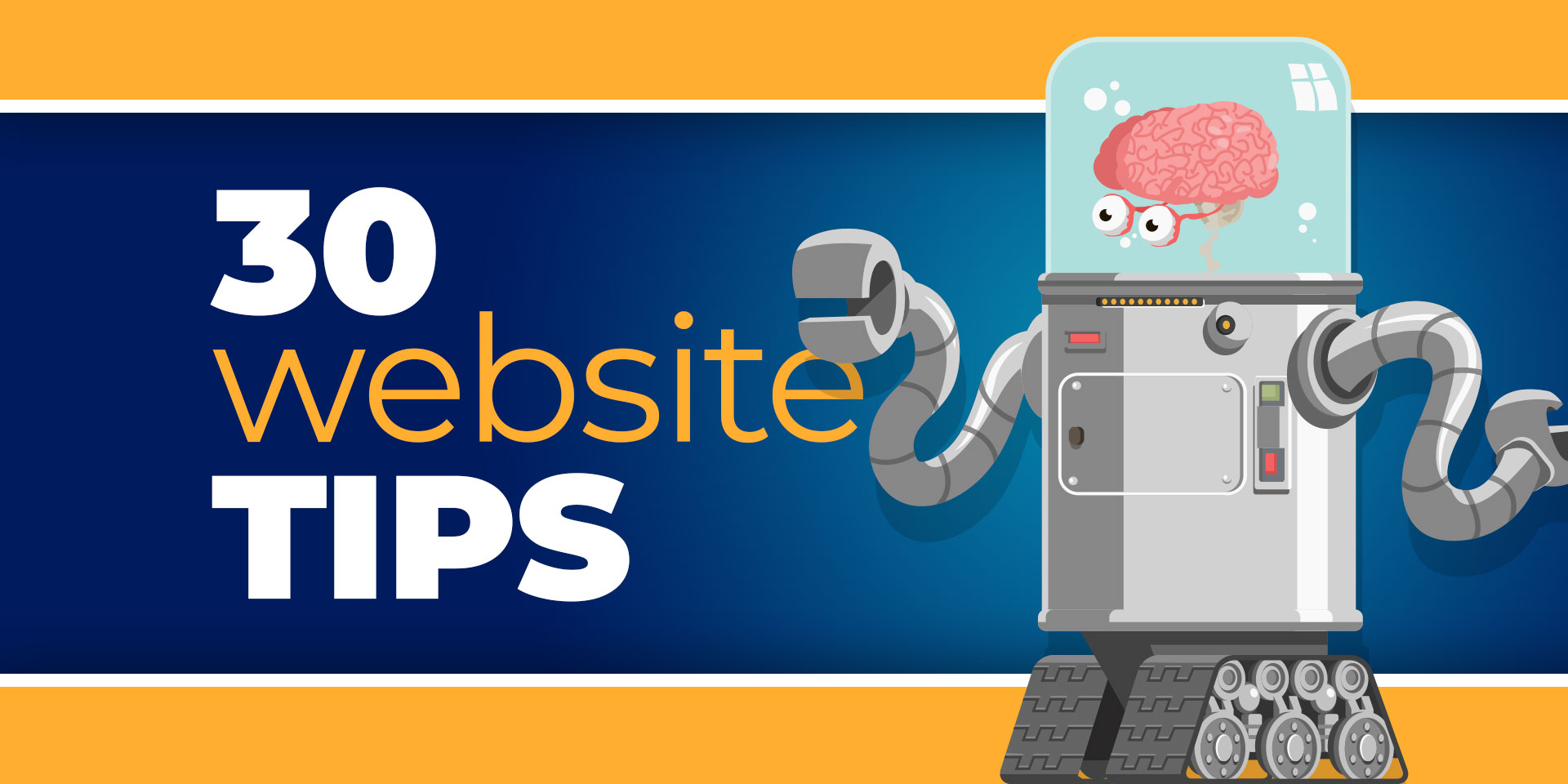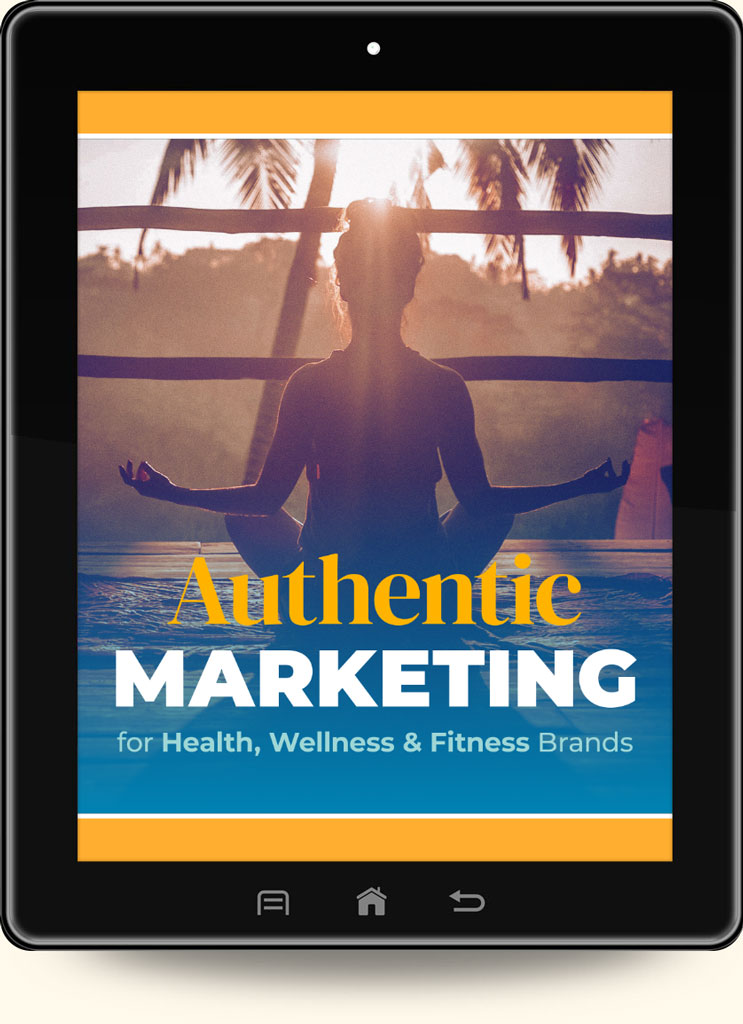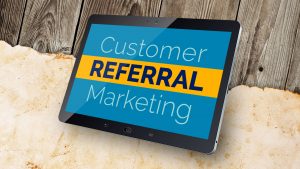Here’s the good news: you don’t have to start over to boost your website performance. You can apply content upgrades and user experience enhancements to your existing website (for better results in no time).
Nobody will tell you that your website sucks
You know that converting web traffic into paying customers is challenging. You’re not exactly winning the Internet with your phenomenal conversion rate. So it would help if you had some practical, tactical ideas to stoke the fire and get the ball rolling.
Well, you’ve come to the right place. Here you’ll find valid, proven methods to improve your conversion rates for leads, purchases, and downloads.
The theme of this post is that your user experience is not great. Otherwise, you wouldn’t be here. So please play along and agree that your website could be better.
Consider the following suggestions in order (from 1 to 30). They’re prioritized to help you focus. The result is higher quality content that attracts the right attention.
How to convert traffic (even if you’re going backward)
Maybe you just have your sequencing wrong. It’s easy to struggle with digital marketing if you start toward the end of this roundup.
Have you been focusing on traffic and leads? Did you invest in search, SEO, social media, and email marketing before solidifying your conversion fundamentals?
Traffic acquisition strategies don’t matter without the ability to convert.
Users simply won’t convert without a trustworthy, functional website that makes the right 1st impression. The bar is only getting higher, and you have to nail the fundamentals to survive.
Here’s how:
Marketability
1. Shift your focus from marketing to marketable.
Most smaller websites and blogs prevent traffic from converting. They aren’t marketable because they don’t work. Are you worth connecting with? Are you offering any real value?
- Sales offer
Your sales funnel is an easy target. Make sure to lead with an attractive offer. Just because you sell quality products or services, doesn’t mean your offer is clear or enticing. Once again, keep it simple: This for that. And by all means, emphasize the benefits of your products and services. - User-centric
Pay attention to user-centered design principles. If you’re not current with online marketing lingo, a user is a website visitor; anyone using your site. User-centered design methods help people use your site with the knowledge they already have. User-centered design empowers your audience to influence the design process and improve the results. - User flows
Establish segmented user flows before investing in traffic. Not all users are leads or prospects (yet). Understanding user flows helps you identify how your site is guiding traffic. It also shows you where your site is dropping traffic and losing visitors. - Visual communication
Think CATS (Context > Attention > Trust > Symbolism). How does your site communicate context? How does it get and keep attention? Does it establish trust? Does it utilize symbolism?
Trustworthiness
6. Create the right 1st impression.
People evaluate websites in milliseconds. If they stick around, they spend the rest of the time confirming their 1st impression (whether it’s right or wrong).
- Speed
Page-load speed is your real 1st impression. Make sure your website loads fast enough. You only have about four seconds to load a page for your visitors. - Design
Quality Web design is essential. People are hardwired to associate trustworthiness and professionalism with good design. If your site doesn’t look professional, it’s an immediate stop sign. - Context-relevant
It’s not all about beautiful design. Context relevancy is just as important as design quality. Use smart imagery that tells the right brand story. Authentic images and unique design are just as important as aesthetics. - Clarity
Don’t assume your users understand your business. Your 1st impression needs to be familiar and on-target. Showcase your unique, brand twist after people get the basics. Don’t bury the lead.
Mobile
11. Invest in mobile-friendly, responsive design.
The majority of Google searches start on mobile devices. If your site is mobile-friendly, Google is more likely to send traffic your way.
- Optimization
Optimize your website and content for mobile. Account for various screen sizes and load times. A pleasant side-effect is an uncluttered desktop experience with fewer design elements. - Usability testing
Avoid usability issues. Use mobile-friendly testing to ensure that your mobile users convert without frustration. If your mobile users don’t convert, you’re leaving money on the table.
Analytics
14. Understand the ABCs of your conversion funnel.
Familiarize yourself with basic Web analytics. Condense your efforts to ABC metrics (Acquisition, Behavior, and Conversion).
- Acquisition
Acquisition is the number of people visiting your site (and where they come from). Understand your traffic volume and best sources. - Behavior
Behavior is the measure of user engagement, interaction, and time. Learn how people currently use your site. Better behavioral metrics correspond with user engagement. Higher engagement leads directly to more conversions. - Conversion
Conversion is the accomplishment of online business goals. Conversion is the most important factor to online business success. Identify any friction points that drop traffic or prevent conversion. A higher conversion rate equals better ROI. - Data-driven
Focus on improving your conversion funnel with data-driven decisions. Your long-term goal is better ABC metrics each month. More traffic (sessions and users), fewer bounces, more page views, and longer visits are events worth tracking and measuring. - Conversion optimization
You have more control over conversion than you do over acquisition. Widen your conversion funnel from bottom to top (C > B > A). Whatever collects information on your website should work flawlessly.
Attraction
20. Think backward.
Don’t drive traffic. Pull it in. Take an inside-out approach to more traffic and conversions.
- Traffic
See traffic differently. Web traffic is not an input, it’s an effect. You’ll naturally see increased traffic and engagement when your site content improves. - Long-term
Make better long-term decisions. Organic traffic is the lasting result of a quality website. It can take 4 to 6 months to see significant results from organic SEO. - Quality over quantity
Don’t try pouring more unqualified traffic into a flawed framework. Think in terms of attracting better traffic to an optimized conversion system. Do you understand your target audience’s desires, needs, and behaviors? Do you know what they’re looking for? - Holistic approach
Be aware that many high-leverage decisions affecting organic traffic don’t seem related to traffic. Traffic acquisition is complex. Don’t oversimplify the process with outdated SEO ideas.
Search
25. Rank competitive content.
Try to boost page rank rather than simply promoting content. It’s a different ballgame.
- On-page SEO
Conversion optimization requires content upgrades and on-page SEO. This helps your existing content rank higher in search engine results. - Better content
Create exceptional new content. Fresh content and consistency are out. Extraordinary content is in. Aspire for unusually good; better than the best. - Social sharing
Focus on the remarkable. People automatically share remarkable content that makes an impression. Search engines notice when people are sharing. - Effort
Most published content is invisible in search. It takes a special effort to create competitive content that ranks high. Conversion optimization and higher search rankings aren’t passive processes. - Less content
Publish 5X less content that’s 10X better than average. A single great post will drive more search traffic than 20 average pieces of content. Upgrading and republishing older content will give you better results than churning out more. Better is greater than more.







